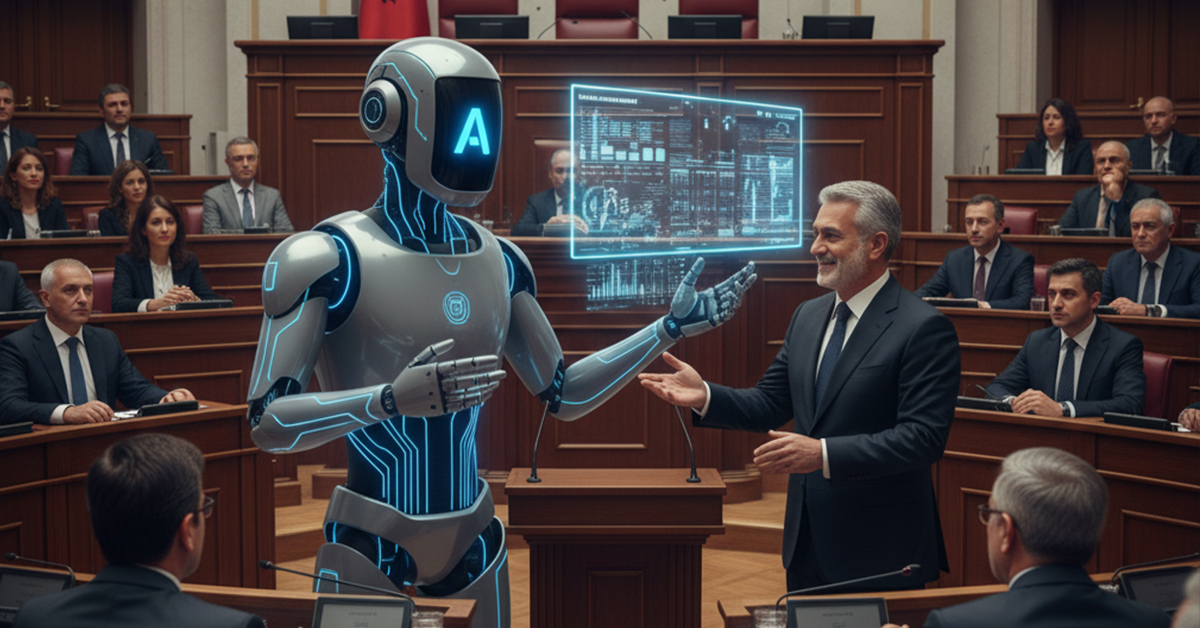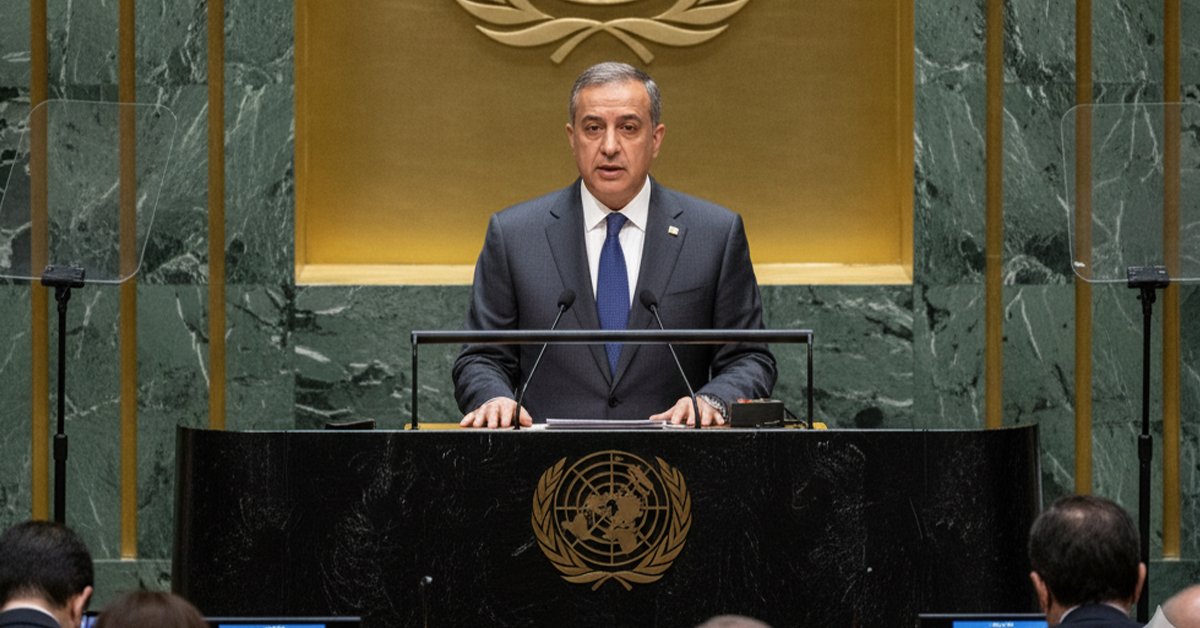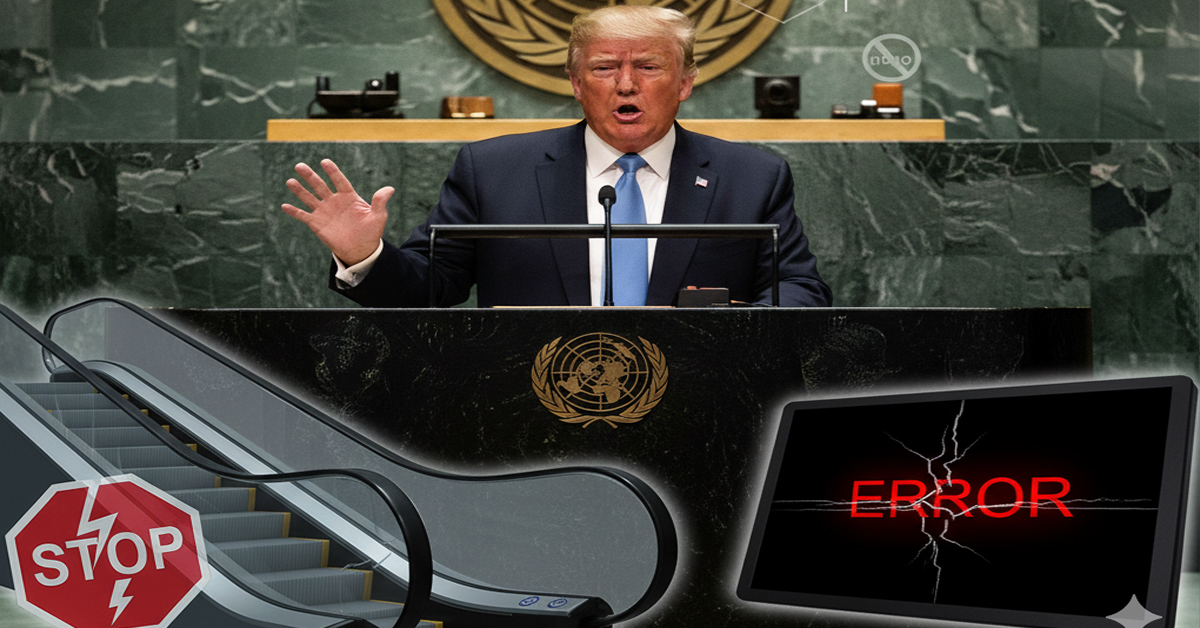In a move that has simultaneously captivated and perplexed the international community, Albania has stepped onto the global stage by introducing what it claims to be the world’s first “AI Minister.” Named Diella, this artificial intelligence entity was formally presented to the Albanian parliament by Prime Minister Edi Rama, marking an unprecedented foray into algorithmic governance. Diella’s primary mandate, as articulated by the Prime Minister, is to oversee government procurement processes and vigorously combat corruption within the country—a challenge that has long plagued many emerging economies. This bold experiment raises profound questions about the future of public administration, the role of technology in combating systemic issues, and the very definition of political office.
Albania’s decision to integrate an AI into its highest echelons of government is a striking testament to the growing belief in the transformative power of artificial intelligence. Proponents argue that AI can bring unparalleled efficiency, transparency, and impartiality to areas often vulnerable to human error and malfeasance. In the realm of government procurement, for instance, Diella is envisioned as an incorruptible auditor, capable of sifting through vast amounts of data, identifying irregularities, flagging potential conflicts of interest, and ensuring adherence to budgetary guidelines with a speed and accuracy beyond human capacity. This could, theoretically, streamline processes, save taxpayer money, and restore public trust in government dealings.
However, the introduction of an AI minister has not been without its critics, particularly from the opposition Democratic Party. Their primary objection hinges on constitutional grounds: Albania’s constitution stipulates that ministers must be citizens who are at least 18 years old and of sound mind. An artificial intelligence, by its very nature, does not fit this human-centric definition. The opposition has dismissed the move as “ridiculous” and a potential violation of the country’s foundational legal principles, highlighting the legal and ethical quandaries that arise when traditional governance structures intersect with advanced technology. This constitutional clash underscores a broader global challenge: how do existing legal frameworks adapt to rapidly evolving technological realities?
Beyond the legal technicalities, the concept of an AI minister sparks a robust debate about accountability, ethics, and democratic oversight. If an AI makes a decision that leads to a negative outcome, who is held responsible? Is it the AI itself, the programmers who designed it, the officials who deployed it, or the Prime Minister who appointed it? The lack of emotional intelligence, empathy, and the capacity for moral reasoning—qualities traditionally associated with human leadership—also raises concerns. While an AI can process data, can it truly understand the complex social and economic impacts of its decisions on the lives of citizens? Can it negotiate, compromise, or adapt to unforeseen circumstances in the nuanced way a human leader can?
Prime Minister Rama’s vision for Diella as a corruption-fighter is particularly poignant given Albania’s historical struggles with transparency and governance. Corruption remains a significant obstacle to the country’s economic development and its aspirations for deeper integration into European structures. By deploying an impartial AI, the government hopes to bypass human vulnerabilities to bribery and undue influence, establishing a new paradigm of integrity in public spending. This initiative aligns with a global trend of governments exploring AI for efficiency, from optimizing traffic flow in smart cities to predicting crime patterns.
Nevertheless, the implementation of such a system must be approached with extreme caution. The algorithms that power AI are only as unbiased as the data they are trained on. If historical procurement data reflects existing biases or discriminatory practices, the AI could inadvertently perpetuate or even amplify these issues. Furthermore, the opacity of some AI decision-making processes—often referred to as the “black box” problem—could make it challenging to understand why certain decisions are made, potentially undermining trust rather than building it. The need for robust oversight, regular auditing of the AI’s performance, and a clear mechanism for human intervention becomes paramount.
The Albanian experiment, whether it ultimately succeeds or falters, will serve as a crucial case study for governments worldwide grappling with similar challenges. It forces a re-evaluation of what governance means in the 21st century. Are we moving towards a future where machines play an increasingly active role in policy-making and public administration? What are the limits of this integration? While the idea of an AI minister might seem like a page out of science fiction, Albania’s bold move thrusts these questions into the immediate present. The world will be watching to see if Diella becomes a blueprint for incorruptible governance or a cautionary tale of technology outpacing societal and constitutional readiness.
This moment underscores the urgent need for international dialogue and collaboration on the ethical development and deployment of AI in public service. As more nations explore similar innovations, the establishment of global standards, best practices, and robust regulatory frameworks will be essential to harness the immense potential of AI while mitigating its risks. Albania’s “AI Minister” is more than just a novelty; it is a harbinger of a future where technology and governance are inextricably linked, challenging us to redefine the very essence of human leadership in an increasingly automated world.








